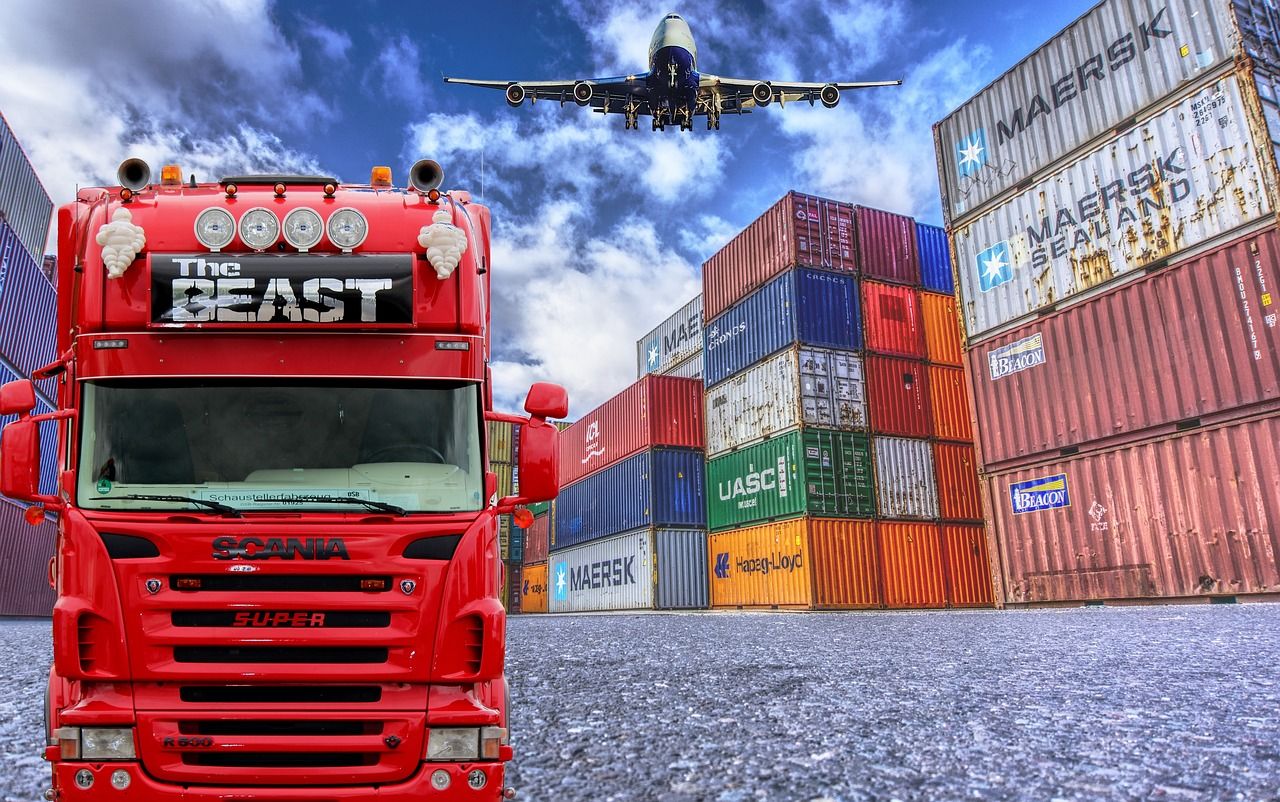AW Curriculum
AW-Curriculum: Systematic overview of trade policy instruments – focus on sanctions
The Federal Ministry of Labor and Economy, the Research Centre International Economics and the Federal Academy of Administration invite to the seminar
(B6) Systematic overview of trade policy instruments – focus on sanctions
Lecturer: Mag. Oliver Reiter, MSc (wiiw) und Heider Kariem, MSc (WIFO)
Date: 24. October 2024
Contents
- Overview of trade policy instruments
- Classification of different instruments based on the dimensions offensive/defensive, tariff/non-tariff, goods/services/capital, aid, etc.
- Presentation of selected instruments
- Customs duties: regular and extraordinary duties (e.g. anti-dumping duties), the “most favoured nation” principle
- Technical barriers
- Export control
- Export subsidies
- Contingents
- Investment controls
- Novel EU instruments (e.g. Carbon Border Adjustment Mechanism (CBAM), Deforestation Initiative, Anti Coercion Instrument, Supply Chain Due Diligence Regulation)
- Trade agreements as the most important instrument of foreign trade
- Traditional and modern agreements
- Overview of EU agreements
- Focus on sanctions
- Historical development and overview
- Typical design: What aspect is sanctioned?
- Objectives of sanctions, also with regard to the costs for one’s own economy
- Sanctions as part of a comprehensive policy package
- Effectiveness of sanctions with a sustained duration
- Measuring the success of sanctions as well as examples of successes (e.g. South Africa) and failures (e.g. North Korea) of sanctions policy
- Game Theory Perspective
- Current aspects
- Who does the EU sanction and who does the EU sanction?
- Sanctioned aspects of foreign trade
- Sanctions of critical goods, e.g. microchips
- Financial market sanctions: the US trump card
- Economic costs for both sides
- Potential alternatives to conflict management


